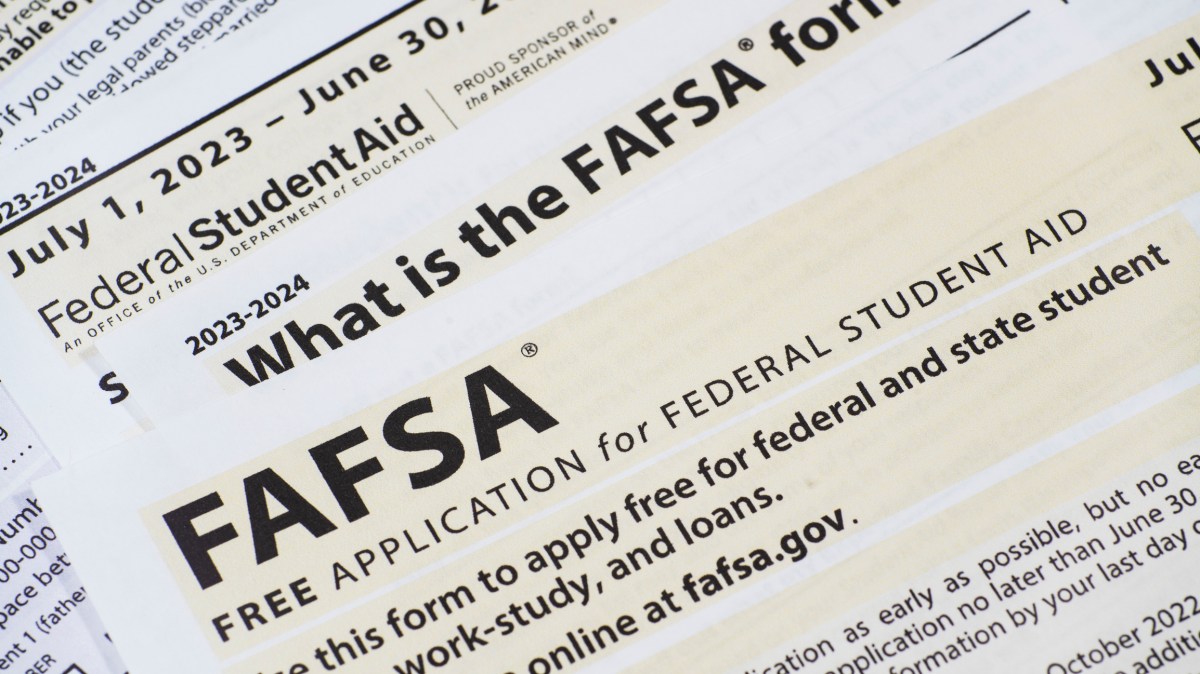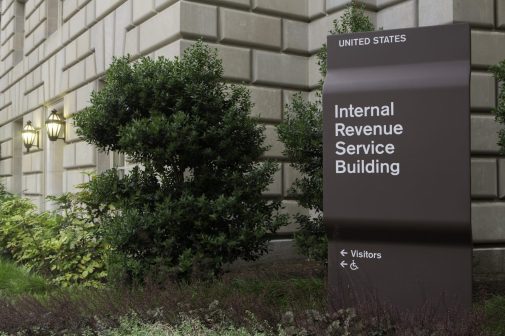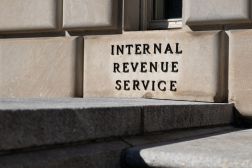IRS data error likely affected millions of Education Department forms

As agencies enter a new White House-directed era of data sharing, an IRS watchdog is highlighting a cautionary tale involving the transfer of inaccurate tax information that may have impacted millions of federal student aid form requests.
The Treasury Inspector General for Tax Administration (TIGTA) detailed in a report this week how the IRS delivered incorrect federal tax information to the Department of Education in its role overseeing the Free Application for Federal Student Aid (FAFSA) application process.
The Education Department went public with the problem in April 2024, but TIGTA determined that the incident merited closer review given President Donald Trump’s March executive order to eliminate information silos and promote inter-agency data sharing.
“This may increase the frequency and volume of data sharing between the IRS and other agencies,” the watchdog said of the order. “We believe it is important that lessons learned” from the IRS-Education snafu “inform similar future agreements to help prevent the transfer of inaccurate taxpayer data.”
The groundwork for the FAFSA data flap was laid in the Fostering Undergraduate Talent by Unlocking Resources for Education (FUTURE) Act, which allowed the IRS to disclose certain federal tax information to the Education Department. The 2019 law, according to TIGTA, served as a way to streamline the FAFSA application process by easing what had been a cumbersome process.
The IRS began work on an API to facilitate that data sharing in April 2020, and launched the FUTURE Act-Direct Data Exchange (FA-DDX) system in December 2023 as a way for the Education Department to make requests for federal tax information.
With that data in hand, the Education Department was then able to calculate results for Income-Driven Repayment Plan Request (IDRPR) submissions and for FAFSA, the form that determines a student’s eligibility for federal aid. Eligibility is based on the income of the student and/or their parents or spouse.
But during the development of the FA-DDX system, the IRS “implemented an incorrect business requirement,” according to TIGTA. The watchdog traced that fateful error back to a cross-functional project team, including IRS personnel, who “did not understand” the education credit data elements for federal tax information.
In December 2021, the project team questioned “whether the business requirement for the education credit was correct,” but ultimately “decided to make any necessary changes to the business requirement during the next release of the FA-DDX system.”
Not long after the system launched, a financial aid executive reached out to the Education Department, flagging errors in the education credit as well as data transferred to the wrong lines on the IRS’s 1040 form. “The FA-DDX system should have retrieved actual instead of tentative education credits,” the report said.
After the Education Department revealed the problems, the IRS went back and reprocessed approximately 7.1 million FAFSA form requests that were initially moved through the FA-DDX system, providing updated federal tax information to the Education Department.
Though the IRS’s data exchange was undeniably flawed, TIGTA noted that the API “represented a fraction of taxpayers” and was limited to federal tax information related only to education. With Trump’s data-sharing executive order, the consequences of bad data practices across the government could be much more far-reaching.
“For example, the Secretary of the Treasury, on behalf of the IRS, recently entered a Memorandum of Understanding with the Department of Homeland Security on behalf of the U.S. Immigration and Customs Enforcement, to share tax information for non-tax law enforcement purposes,” the report stated, an agreement that has sparked massive outrage and pushback from immigrants’ rights groups and privacy advocates.
The tax agency is also considering a move to scrap current modernization efforts in favor of “attaching a unified API to existing IRS systems,” TIGTA reported, adding that “senior IRS officials are raising concerns with this proposal.” Pursuing that plan “increases the risk of users drawing erroneous conclusions” from out-of-context data extracted by APIs, not to mention privacy concerns, the watchdog warned.
“We plan to continue performing reviews in these areas because such data sharing agreements and API initiatives could have potentially profound consequences,” TIGTA concluded.






